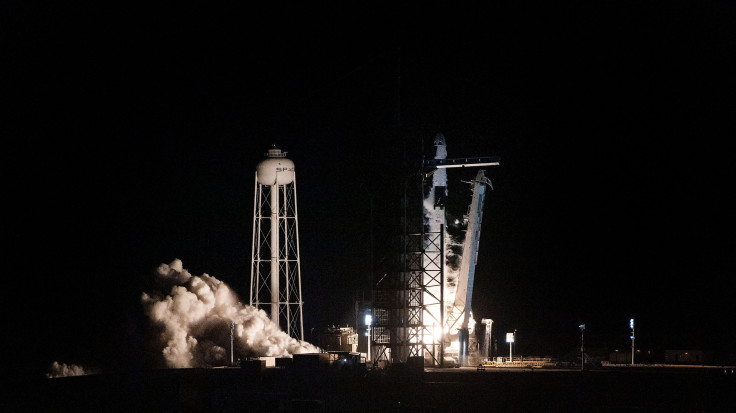SpaceX Shows Off Falcon Heavy Block 5 Rocket To Public

SpaceX just revealed the completed boosters of the upcoming Falcon Heavy flights. So far, four boosters were shown to the public.
As seen on the official SpaceX Twitter, a timelapse video showed the production of three Falcon Heavy boosters. The boosters had already completed static fire tests and are being prepared for attachment to the Falcon Heavy rocket. The rockets attached to the Falcon Heavy have a combined output of 5.6 million pounds of thrust which can carry up to 2,550 metric tons of weight.
According to Teslarati, the Falcon Heavy Block 5 rocket is streamlined for safety, reliability and reusability so the rocket can be reused after its launch.
SpaceX founder Elon Musk said that the new rocket engineering design was more difficult to employ than they expected. So far, three rockets are confirmed to be used for the Falcon Heavy Block 5 which will bring it out into the orbit.
For now, all the SpaceX flights are mostly cargo and satellite installation missions. The next mission for Falcon Heavy Block 5 would be for Arabsat. The Saudi Arabian communications company requires SpaceX to launch their Arabsat 6A. This mission will help extend their services currently spanning across Africa, Middle East and Europe.
Originally, this launch was expected to happen last year, but the delays in development postponed it to April this year. Despite the delays, the company has yet to fail a launch.
Soon after, SpaceX plans to focus on manned spaceflight. The Crew Dragon having pilots onboard is one of the project's end goals for its tests. At the end of the project, SpaceX plans to make a spacecraft fit for passengers similar to airplanes.
Lastly, SpaceX also plans to send people to Mars and form a settlement there, but the company is still working on perfecting the rockets and spacecrafts similar to how they did with the Falcon Heavy Block 5. For now, we’ll have to wait for how the April 9 flights end to see if the Falcon Heavy Block 5 rockets are a great step in SpaceX’s spaceflight innovation.
© Copyright IBTimes 2024. All rights reserved.





















